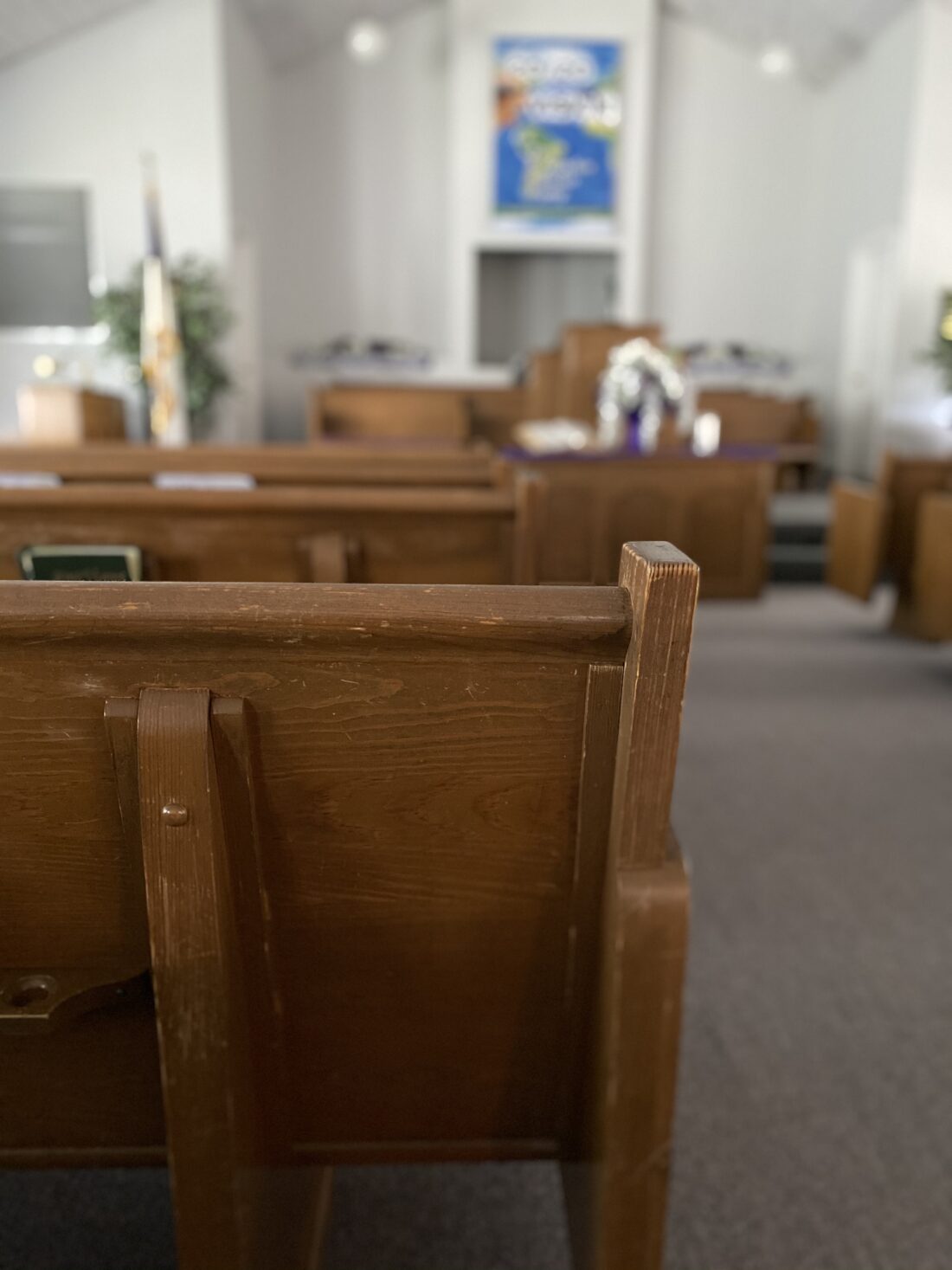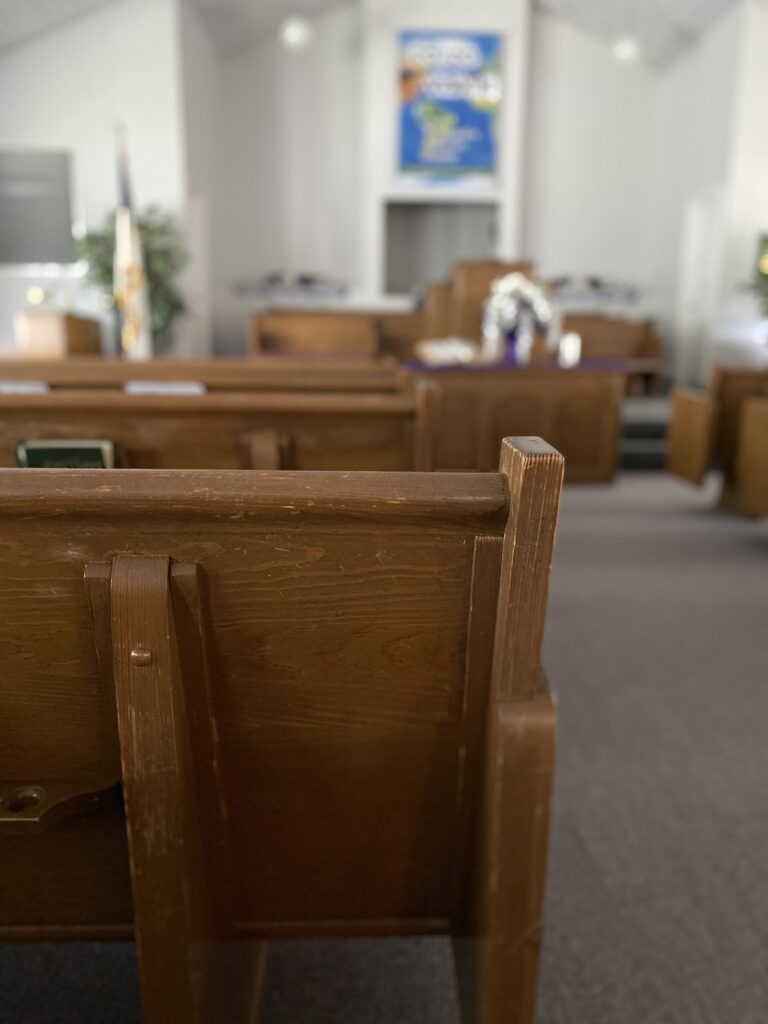1 Timothy 3:14-15
Ever run late?
We all do it occasionally. What type of person are you when you’re running late?
Do you text ahead? Leave them guessing? Call and talk to them the whole time you finish your trip there?
We can be thankful that Paul was the type to write ahead. Even though he wasn’t late yet, he wanted Timothy to have the instruction in this letter, just in case.
“These things write I unto thee, hoping to come unto thee shortly:” 1 Timothy 3:14
Paul wanted to come to see Timothy and be with the Church at Ephesus. This letter was his way of helping Timothy know how to handle things in the church if he couldn’t come as soon as he hoped.
This is how Timothy was to Conduct Himself
"But if I tarry long, that thou mayest know how thou oughtest to behave thyself in the house of God, which is the church of the living God, the pillar and ground of the truth." 1 Timothy 3:15
Paul wanted Timothy to know how to carry on with the church in Ephesus if he should be delayed from coming. The idea of “behave” in verse 15 isn’t meant to read as the opposite of misbehave. Paul wanted Timothy to know what to do, how he should carry on in the work of God in that place.
So far this instruction has included encouragement to stay true to Biblical doctrine, instruction for church meetings, and teaching for how to select church officials. There will be more as we go through this letter.
In committing these things to Timothy, Paul is setting a very important precedent: The work of God is bigger than one person. Timothy was gifted to do all of these things. God was with him to help him.
You and I can learn how we are to “behave” in the house of God. In church meets God wants more from us than to just sit and listen. The word “behave” includes the idea of “keep busy”. How are you going to productively keep yourself busy in your local church?
What the Church is:
The last part of verse 15 is a powerful statement of what the church is. These 3 things give us some further insight into how we are to behave, after all the value of something can change how we treat it.
House of God
Here think “the family of God.”
If you are a believer, when you meet with your church you are gathering with God’s family. Look around you. Everyone you see is family. God cares from them, He cares for you… a lot!
You belong here. Whether you feel it all the time or not, you belong when you are with God’s people.
Church of the Living God
The Church (gk: ekklesia) is a group of people that are called out by God. Throughout the New Testament this term is used mostly to refer to local churches.
The church at Ephesus wasn’t just any assembly of people, neither is your church. It is the “church of the living God”. Is there life in your church meetings? How can you contribute to that life?
Pillar and Ground of the Church
The church is the “pillar and ground of the truth”. We could think of this like the strong pillars of an ancient building, standing on a solid foundation. Your church is to bear the weight of truth and stand strong in it. As time passes erosion may threaten below and wild storms above, but the church is the pillar and ground of truth
Verse 16 helps us see the significance of the truth we stand for.
"And without controversy great is the mystery of godliness: God was manifest in the flesh, justified in the Spirit, seen of angels, preached unto the Gentiles, believed on in the world, received up into glory." 1 Timothy 3:16
How well do you know and stand in the truth of God?
Your Turn
Church Member:
- Learn how you are to “behave” in church. Don’t just attend meetings. Be the vital part of God’s work that He has called you to be.
- Illustrate the truth of God alongside your brothers and sisters in Christ.
Non-Church Member:
This post isn’t directly about church membership, but… You need a church. I know that there are church out there that don’t always show the life of the “living God”, churches that have given in to the storms and erosion that seeks to overthrow truth. But these aren’t every church.
Find a solid church, one with life and joy. Become an active and vital part of what God is doing there.
This may mean going back to where you have previously attended. It might be hard, it’ll probably require some humility, but it’ll be worth it.



